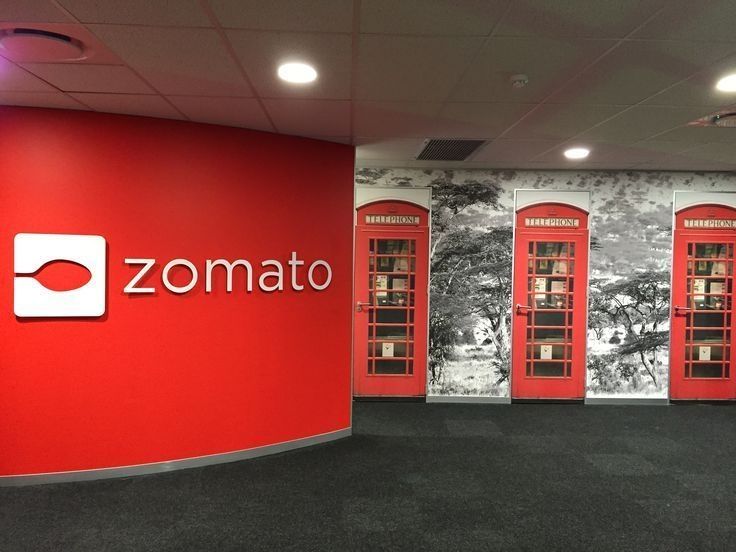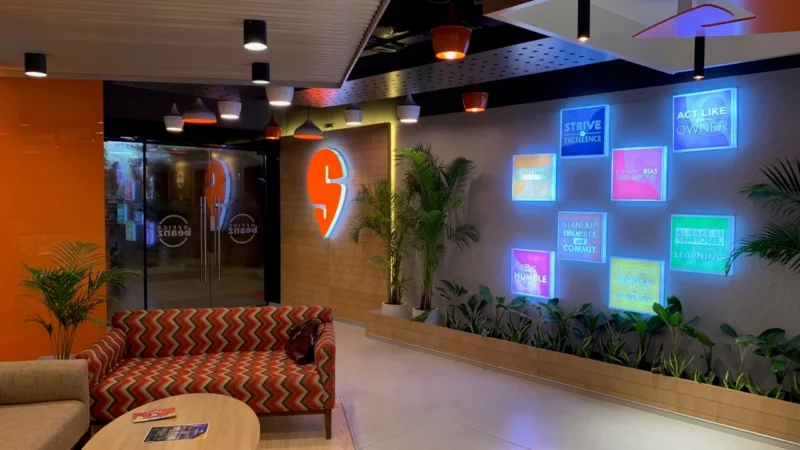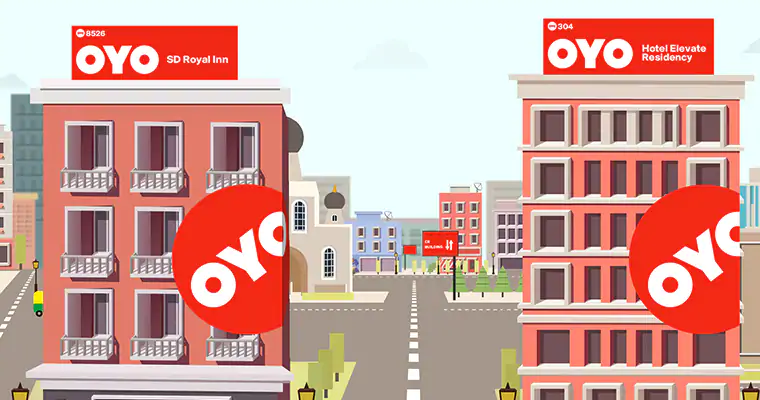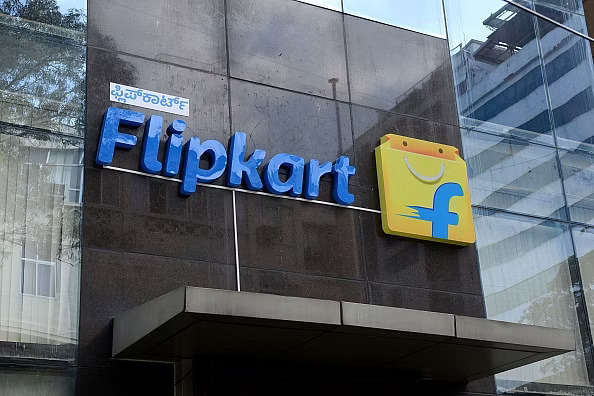Zomato: From Startup Vision to Unicorn Status in the Global Food-Tech Arena

In the ever-evolving landscape of food technology, Zomato has emerged as a leading player, achieving the esteemed status of a unicorn. Founded in 2008 by Deepinder Goyal and Pankaj Chaddah, Zomato has not only transformed how people discover and order food but has also become a symbol of India’s prowess in the global startup ecosystem.
Inception and Early Growth:
Zomato’s journey began with a simple idea – to provide an online platform for users to explore and discover local restaurants. The founders, Deepinder Goyal and Pankaj Chaddah, recognized the need for a comprehensive restaurant guide, and Zomato was born. Originally named “Foodiebay,” the platform underwent rebranding and expansion, evolving into the global food-tech giant we know today.
Diverse Offerings and Global Expansion:
What started as a restaurant discovery platform soon diversified its services to include online food delivery and table reservations. Zomato’s relentless focus on user experience, coupled with an extensive database of restaurant information, made it a go-to app for food enthusiasts. The platform quickly expanded beyond Indian borders, reaching users in various countries and establishing itself as a global player in the food-tech space.
Unicorn Status Attainment:
Zomato achieved unicorn status in 2015, with a valuation exceeding $1 billion. This marked a significant milestone, reflecting not only the financial success of the company but also its impact on the food-tech industry globally. The unicorn status brought increased attention, validating Zomato’s position as a major disruptor in the way people engage with food services.
Diverse Revenue Streams:
Zomato’s success can be attributed to its ability to diversify revenue streams. Initially focused on restaurant discovery, the platform ventured into online food delivery, providing users with a seamless way to order food from their favorite eateries. Additionally, Zomato introduced premium subscription services like Zomato Gold, offering exclusive deals and privileges to subscribers.
Technological Innovation:
A key driver of Zomato’s success has been its commitment to technological innovation. The platform introduced features like real-time order tracking, user reviews, and AI-driven recommendations, enhancing the overall user experience. Zomato’s innovative use of technology not only improved efficiency in food delivery but also set new industry standards.
Challenges and Resilience:
Zomato, like any successful startup, faced its share of challenges. Competition in the food-tech sector, operational complexities, and adapting to changing market dynamics were among the hurdles. However, Zomato showcased resilience by continually adapting its strategies, embracing new technologies, and expanding its offerings to stay ahead in a competitive market.
IPO and Future Prospects:
In July 2021, Zomato made headlines with its successful initial public offering (IPO). The IPO was met with significant investor interest, further validating Zomato’s position as a market leader. The funds raised through the IPO are expected to fuel Zomato’s future expansion plans, technological advancements, and potential forays into new markets.
Conclusion:
Zomato’s journey from a local restaurant guide to a global food-tech giant with unicorn status is a testament to its founders’ vision, innovation, and adaptability. As it continues to redefine the way people experience and interact with food services, Zomato stands as a shining example of India’s vibrant startup ecosystem. The successful IPO marks a new chapter in Zomato’s story, and its future prospects are closely watched as it continues to shape the future of food-tech on a global scale.






